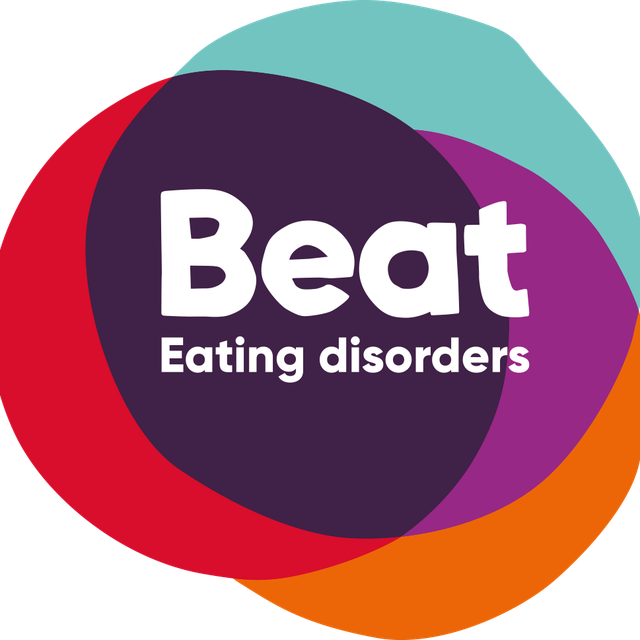Building, Rebuilding and Extending Early Intervention for in Peri-Pandemic Times

Professor of Eating Disorders at King’s College London




TBC
Since the start of the COVID-19 pandemic, eating disorder services have been overwhelmed with new referrals, especially of younger, first episode cases. Early intervention and quick access to treatment can improve outcomes and reduce the deleterious effects of eating disorders on health and quality of life. However, waits for treatment are common and have risen sharply since the onset of the pandemic.
Three speakers will share their experiences, obstacles faced and opportunities identified in developing and maintaining early intervention approaches in the face of increasing demand.
Ulrike Schmidt will address the challenges posed by the influx of new referrals and will also suggest some solutions, including task shifting and disruptive innovations for how we can build, rebuild and extend early intervention services in peri-pandemic times. She will share experiences and data from the service in the South London and Maudsley NHS Foundation Trust and through the lens of the national roll out of FREED (First Episode Rapid Early Intervention for Eating Disorders for young people aged 16 to 25). Lastly, she will also talk about innovations that may allow us to make early intervention earlier.
Katie Richards will outline approaches to prioritising waiting lists based in particular on the findings of a recent study looking at how much clinicians and people with lived experience of an eating disorder agreed or disagreed on what factors should be used to prioritise patients. Participants in the study rated and ranked different factors for their importance in wait list priority setting. The opinions of clinicians and people with lived experience were broadly similar, but clinicians tended to place more importance on medical risk items, transitions, and early intervention whereas the lived experience group focused more on mental health and quality of life. The findings are discussed in the context of what is already done in services.
The Maudsley Centre for Child and Adolescent Eating Disorders was one of the first CAMHS eating disorders services nationally to successfully introduce Self-Referral whilst also consistently meeting the CAMHS Eating Disorders Access and Waiting Times standards. These standards ensure that all young people receive treatment within 4 weeks of referral. However, since the pandemic, referrals rates to the service have doubled. Darren Cutinha will discuss the challenges, dilemmas, and opportunities this has brought for early intervention and the delivery of high-quality care.